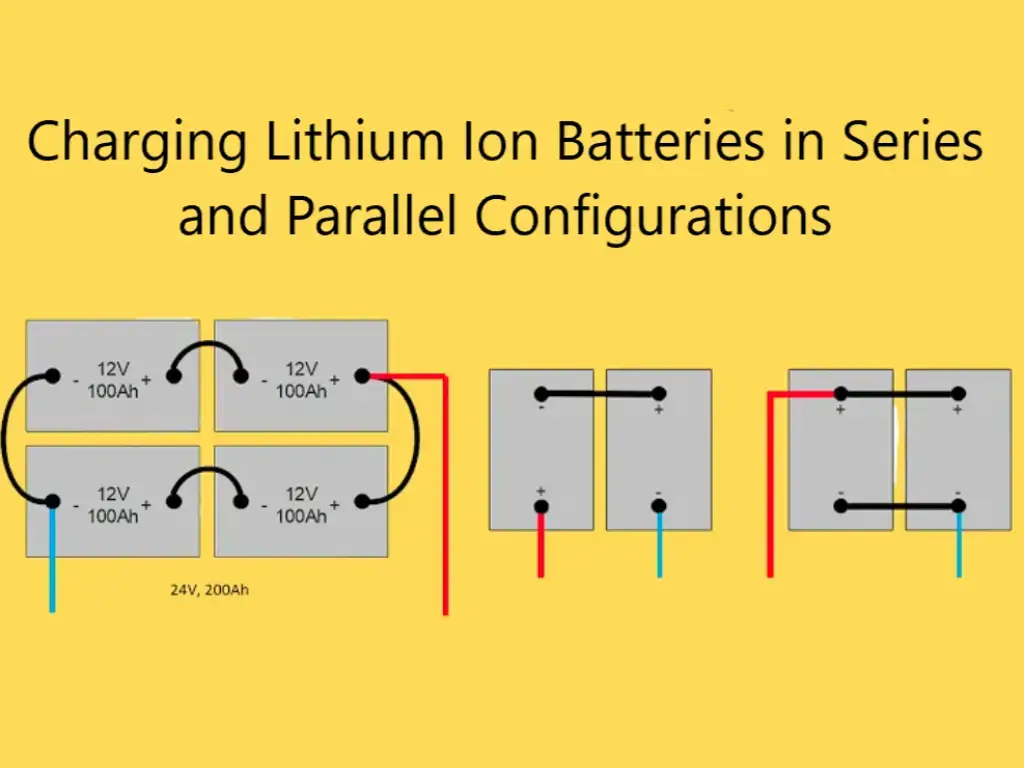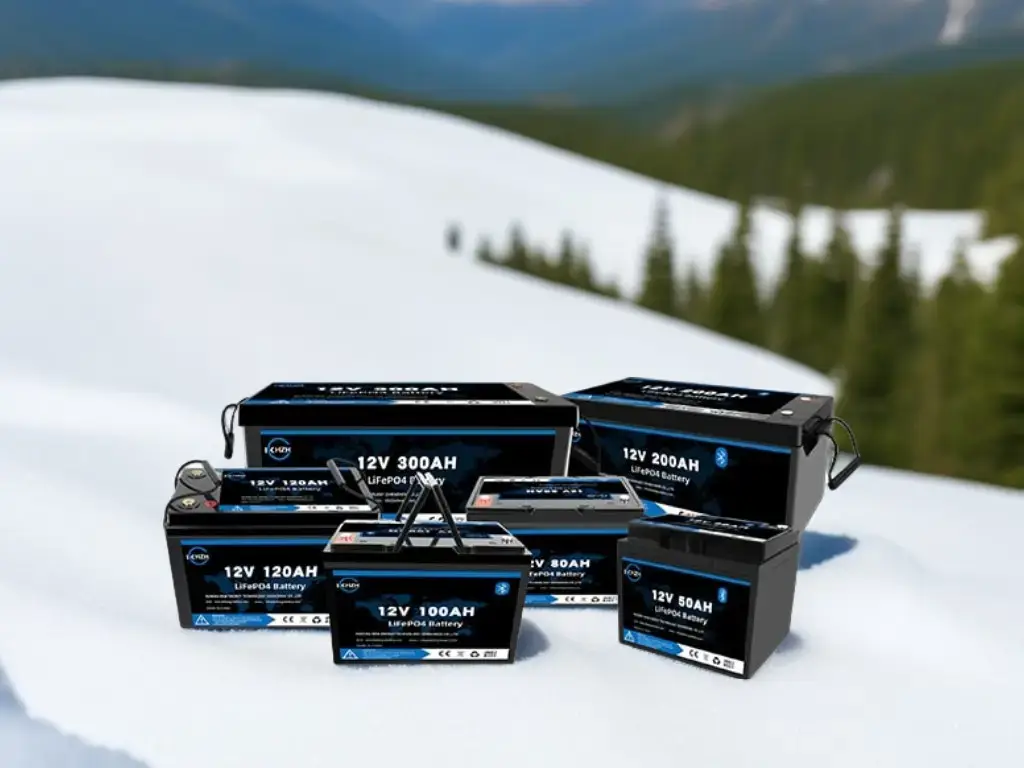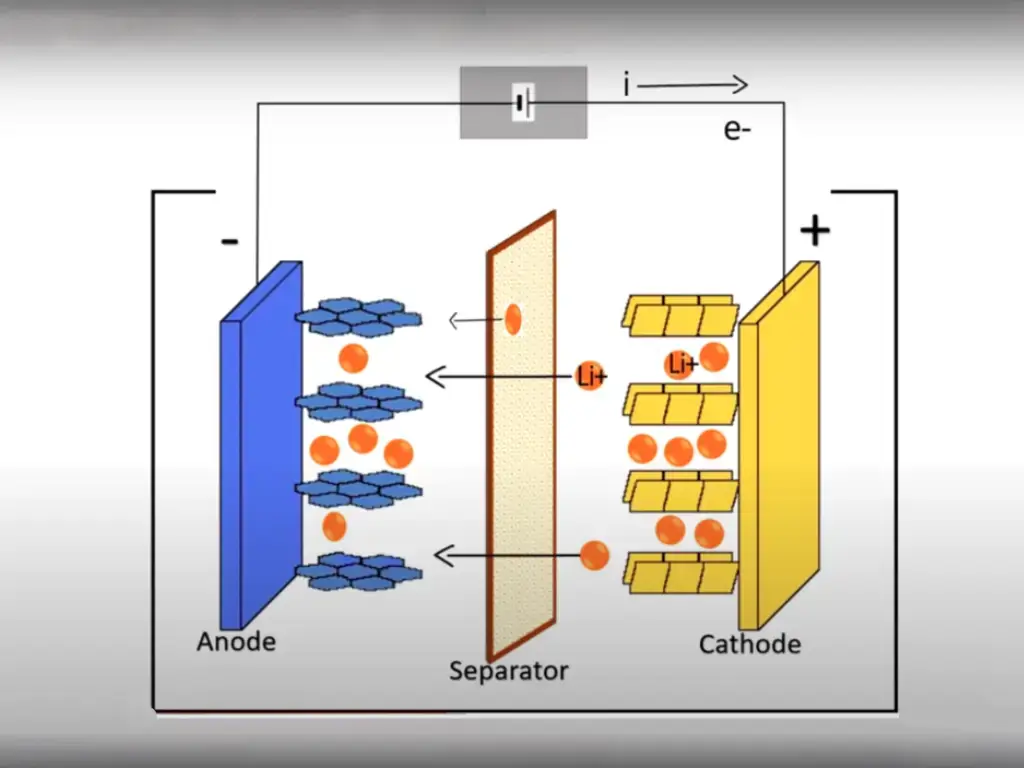Introduction
With the rapid and prosperous development of new energy, energy storage, navigation, renewable energy, and other industries, there are higher and higher requirements for energy storage, and ordinary liquid lithium-ion batteries are not able to keep up with the development of the times.
Sodium-ion batteries, solid-state batteries, and fuel cells in the field of energy storage systems, electric vehicles, EVs, power tools, drones, and other areas have great prospects for development. Battery companies around the world are already investing in the research and development of solid-state batteries.
According to the latest news, there will be a gradual shift from traditional liquid lithium-ion batteries to solid-state batteries around 2025. By 2035, the energy density of quasi/full solid-state batteries will reach 500Wh/kg.
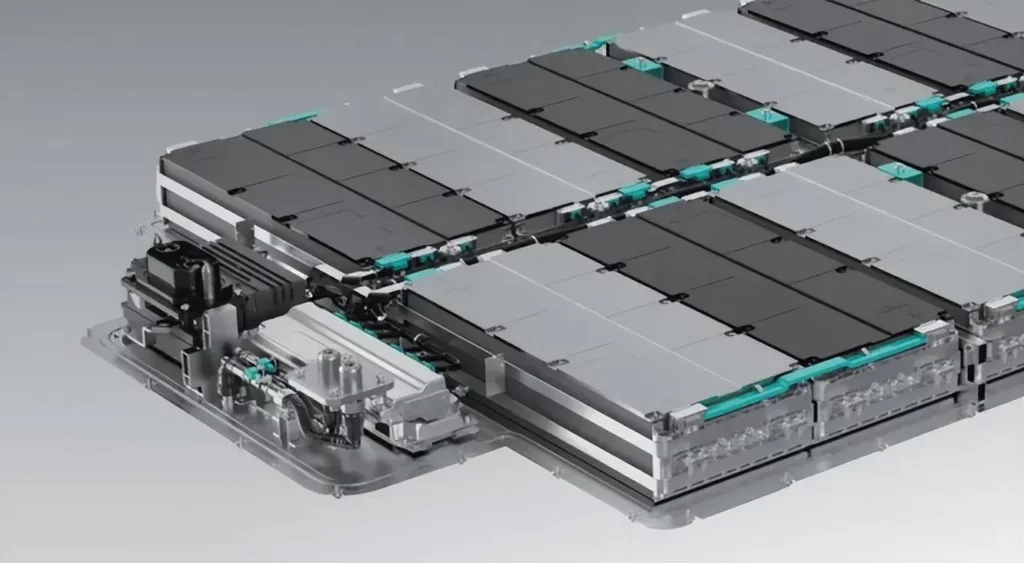
Are you looking for a Top 10 solid state battery companies?
Why are solid state batteries not yet widely used?
Here you will find everything you need to know. We give you a complete picture of the current technical challenges of solid state batteries and which companies are gradually overcoming them!
Next up, Keheng’s CT takes you on a deeper dive!
|
Top 10 Solid State Battery Companies
|
||||||||||||||
|---|---|---|---|---|---|---|---|---|---|---|---|---|---|---|
|
CATL
|
||||||||||||||
|
BYD
|
||||||||||||||
|
LG
|
||||||||||||||
|
WELION New Energy Technology Co., Ltd
|
||||||||||||||
|
TALENT NEW ENERGY
|
||||||||||||||
|
Ruitai New Energy Materials Co., Ltd
|
||||||||||||||
|
QuantumScape
|
||||||||||||||
|
SES
|
||||||||||||||
|
ProLogium Technology
|
||||||||||||||
|
Factorial
|
||||||||||||||
Top 10 Solid State Battery Companies (in no particular order):

Company Profile:
CATL is a leading global new energy innovative technology company specializing in the research, development, production, and sales of power battery systems and energy storage systems for new energy vehicles.
CATL develops polymer solid-state lithium metal batteries and sulfide solid-state batteries.
CATL has now designed and manufactured polymer cells with a capacity of 325mAh and has demonstrated better high-temperature cycling performance: 82% remaining over 300 weeks of cycling.
It is committed to providing first-class solutions and services for global new energy applications. Core technologies include power and energy storage batteries, materials, cells, and battery systems, as well as full industry chain R&D and manufacturing capabilities in the field of battery recycling and secondary utilization.
Company website: www.catl.com
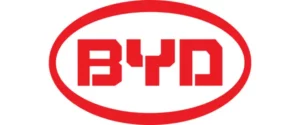
Company Profile:
BYD was founded in February 1995. After more than 20 years of rapid development, it has realized its strategic layout on six continents.
BYD’s business layout covers electronics, automotive, new energy, and rail transportation, and plays a pivotal role in these fields.
BYD’s technology utilizes polymer solid-state electrolytes, which have extremely low conductivity at room temperature and have a greater impact on specific capacity.
By adding perfluoropolyether, the effect of anions on lithium ions can be weakened and the conductivity can be effectively improved. From energy acquisition, and storage to application, it builds a comprehensive zero-emission new energy solution.
Company website: http://www.byd.com

Company Profile:
LG New Energy (LG Energy Solutions) is a global leader in battery technology, covering power batteries, small batteries, and energy storage systems with its main products being high-nickel NCMA batteries, lithium-sulfur batteries, all-solid-state batteries, dry electrode technology and new cathode materials.
The company is considering the use of lithium-sulfur battery technology to reduce the production cost of electric vehicles and improve battery performance. Lithium-sulfur batteries have a theoretical energy density of 1.5 times that of lithium-ion batteries, are lower in cost, and are better suited for lightweight applications such as aircraft and urban air transportation (UAM).
Company website: https://www.lgensol.com/en/index
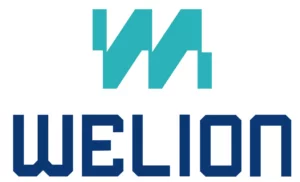
Company Profile:
WELION New Energy Technology Co. Ltd was founded in 2016, WEION is a company specializing in Weilan New Energy’s main products are solid-state lithium-ion batteries involved in new energy vehicles, energy storage, small power, and other applications.
With a hybrid solid-liquid electrolyte lithium-ion battery and all-solid-state lithium battery R & D core patents and technologies.
The company focuses on high energy density, high safety, high power, wide temperature range, long-life hybrid solid electrolyte batteries, and all-solid-state battery products.
Through original innovation to break through the existing technical bottlenecks, applications covering new energy vehicles and ships, large-scale energy storage, 3C consumer, and other industries.
WELION New Energy Technology Co. Ltd’s 100GWh solid-state lithium battery project has begun construction, with an annual production capacity of 20GWh hybrid solid-liquid electrolyte batteries and all-solid-state batteries.
Company website: https://www.solidstatelion.com/en/
Company Profile:
TALENT NEW ENERGY was founded in 2021. is a new energy high-tech enterprise focusing on the technology development and industrialization of new solid-state lithium batteries and key lithium materials.
The company focuses on the development of solid-state battery product technology, and its products are characterized by high safety and reliability, high energy density, and low production cost, making them competitive in the market.
The semi-solid state technology launched by TALENT NEW ENERGY is based on the development of a full-solid state battery, which adopts the electrolyte ultra-thin film preparation technology, solid state electrolyte and pole piece composite technology, and interface flexing technology.
Company website: https://www.ctlne.com/#/home

Company Profile:
Established in 2017, Ruitai New Energy Materials Co., Ltd is mainly engaged in the production and sales of electrolytes for lithium-ion batteries, various types of additives, new lithium salts, and silane coupling agents. The company can scale mass production of LiTFSI, an in-situ solid state lithium salt.
The company set up a project in 2019 to develop the industrialization of solid-state electrolyte potassium salt, and the development of solid-state grade LITFSI limited class impurity ion content is low, and it has entered the supply chain of solid-state battery customers for 21 years.
In addition, we have developed solid-liquid hybrid electrolytes: to address the problems of low ionic conductivity, poor contact with positive and negative electrode interfaces, and high impedance of polymer electrolytes at room temperature, we have added liquid or gel electrolytes into polymer skeleton to form solid-liquid hybrid electrolytes, and prepared composite solid-state electrolytes with high ionic conductivity at room temperature.
Company website: http://en.rtxc.com/

Company Profile:
Founded in 2010, QuantumScape is a U.S.-based developer of automotive solid-state batteries for electric vehicles. The company is headquartered in San Jose, California.
QuantumScape’s solid-state batteries have 80% more range than today’s lithium batteries, can be filled to 80% capacity in 15 minutes, and are capable of providing a range of approximately 160,000km (in usable cycles).
At the same time, compared to lithium batteries, there is a wide range of movement temperature, 800 cycles can still maintain more than 80% of the capacity.
In December 2020, QuantumScape released its Solid State Battery Showcase, unveiling its anode-less lithium-metal battery technology, where the lithium-metal anode appears when charging and is gone when discharging.
Because it dramatically shrinks the anode, and its performance has skyrocketed, it’s its core technology that makes lithium-metal anodes possible: solid-state ceramic diaphragms.
Company website: https://www.quantumscape.com/

Company Profile:
SES’s hybrid lithium metal batteries offer lower technology and capital costs, higher energy density, and improved safety.
The Company’s lithium-metal batteries are prepared by rolling and cost approximately 18% less than lithium-ion batteries.
The energy density of these batteries can typically reach 400Wh/kg, while the energy density of typical lithium-ion batteries is around 260Wh/kg or 280Wh/kg.
Company website: https://ses.ai/
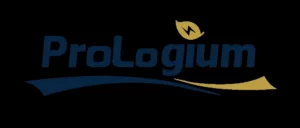
Company Profile:
Founded in 2006, ProLogium Technology specializes in the development of solid-state batteries, especially semi-solid-state batteries, and all-solid-state batteries, with a semi-solid-state battery production capacity reaching 1 GWh. It is mainly used in consumer electronics and wearable electronics.
Company website: https://prologium.com/

Company Profile:
Factorial Energy is a company specializing in solid-state battery technology headquartered in Woburn, Massachusetts.
Factorial’s proprietary technology, FEST (Factorial Electrolyte System Technology), provides solid-state batteries with higher energy density and safety than traditional lithium-ion batteries, offering a 20% to 50% range on a sub-charge.
The batteries use a solid electrolyte rather than a flammable liquid solution, so the technology is expected to reduce the risk of battery fires and extend the range of electric vehicles.
Company website: https://factorialenergy.com/
Pros of Solid State Batteries
Energy density can be greatly increased
In the past, we were afraid of adopting solid-state batteries because we were concerned about irreversible phase changes on the surface of the cathode due to a side reaction between the high-voltage cathode material and the dissolution of the electrolyte.
With the adoption of solid-state electrolytes, it is possible to use high-voltage cathode materials that increase the energy density of the battery and the energy density can be significantly increased, easily exceeding 400Wh/kg.
Faster Charging
The negative electrode determines the charging speed of the battery, and the lithium metal negative electrode cannot be stabilized within the electrolyte.
With the adoption of a solid electrolyte, the electrolyte will not react violently with the lithium metal negative electrode, which can realize the function of fast charging and fast discharging within ten minutes.
Safety Improvement
At low temperatures, the viscosity of the electrolyte will become larger and the ionic conduction speed will become slower, resulting in the mismatch of the electron migration speed of the external circuit, serious polarization of the battery, and a sharp decrease in the charging and discharging capacity.
With solid state electrolytes, the battery will not be affected by a low-temperature environment and will not lose power at -40℃.
Longer cycle life
Solid electrolyte solves the problem of solid electrolyte interfacial film formed by liquid electrolytes during charging and discharging, which greatly improves the cycle life of Li-ion batteries, ideally 45,000 times.
The need for thermal management will be reduced accordingly
No significant increase in side reactions can be observed for solid-state batteries under charge/discharge cycling conditions at high temperatures of 170℃.
At a low temperature of -40°C charge/discharge cycling conditions, stable charge/discharge at low temperatures can also be observed. The use of solid electrolytes does not require cooling after encapsulation due to dense stacking.

Cons of solid-state batteries:
Slower transmission speed
Lithium ternary batteries use a liquid electrolyte, the contact surface with the electrode material is large, and the natural transmission speed is fast, but the contact area between the solid-state electrolyte and the electrode material is small, and the natural ion transmission speed is slow.

High manufacturing cost
Solid-state batteries are now technically difficult, so the production efficiency is very low, resulting in high costs, probably dozens of times that of ternary lithium batteries, resulting in the inability of large-scale application.
Solid state batteries are currently hygienically not mass-produced?
Low conductivity problem
Low conductivity means low efficiency of electron passage.
Interface impedance
The interface impedance is large, that is, the positive and negative electrodes and the diaphragm of the connection of the problem of high resistance, poor contact
High cost
The current cost of solid-state batteries is much higher than other types of lithium batteries, which is the fundamental reason for not mass production.
Conclude
At present, solid state batteries are too expensive the main reason is that solid-state batteries have not yet have market scale, research and development costs, and other fixed costs are shared huge, resulting in a single solid state battery cost is huge, but with the progress of science and technology and the expansion of the market scale, I believe that solid state batteries will be closer and closer to us!
I believe you read this article for the top 10 solid state battery Companies and the advantages and disadvantages of solid-state batteries have a certain cognizance.
This is a sharing from a lithium battery supplier for more than 15 years, hope it can help you!

